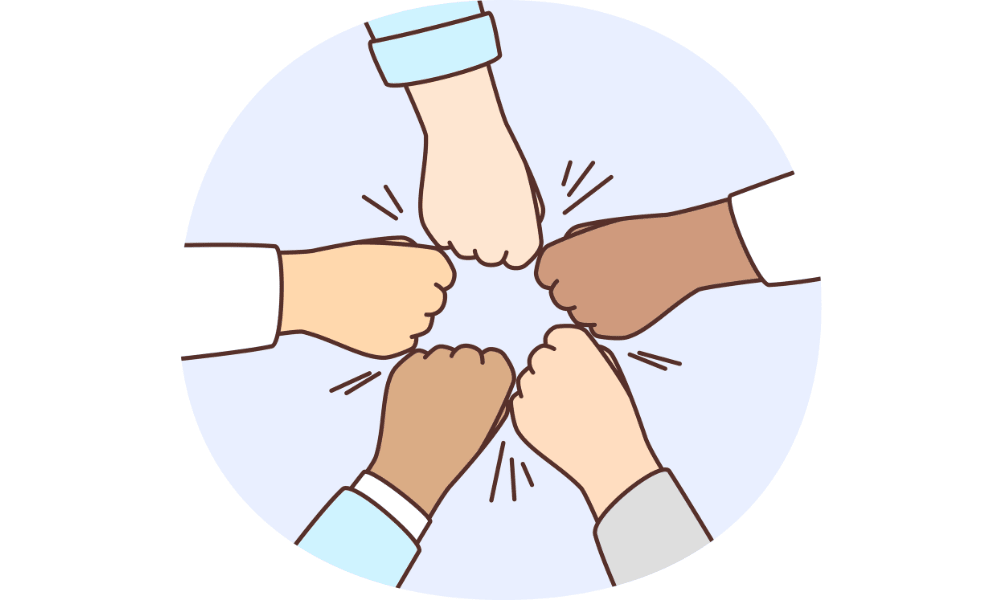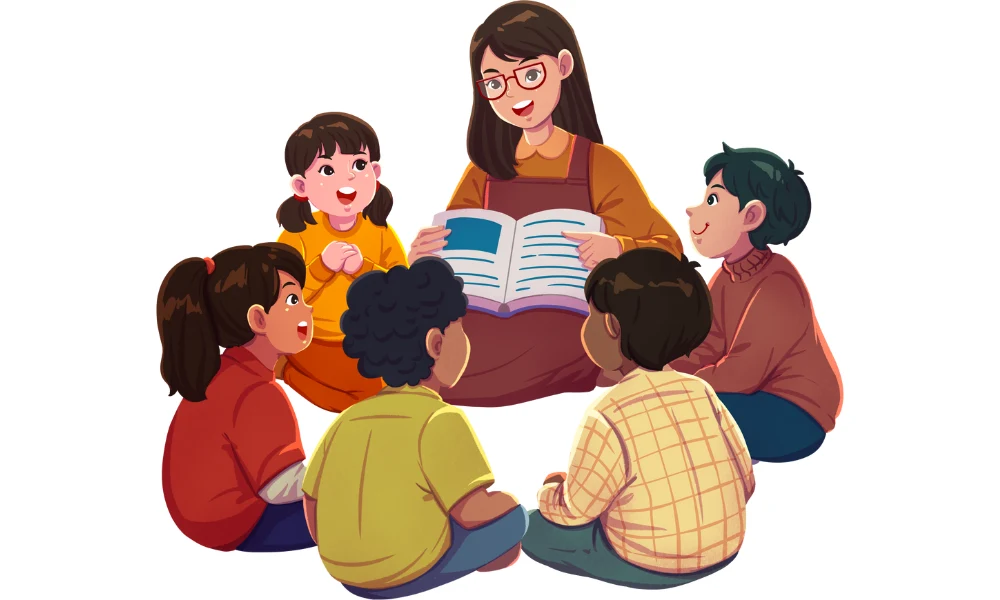
Imagine a classroom where every student feels valued, ideas flow freely, and challenges are solved together. That’s the power of teamwork. But what is the foundation of effective teamwork for school students?
At its core, it’s about building trust, communication, and shared responsibility skills that not only improve academics but also prepare students for life beyond school.
In fact, many boys boarding schools in Dehradun emphasize these teamwork foundations through group projects, sports, and collaborative learning, helping students grow both academically and socially.
What is the Foundation of Effective Teamwork?

The foundation of effective teamwork lies in a few essential elements:
- Clear communication so everyone understands goals and responsibilities.
- Trust and respect among peers, creating a safe space to share ideas.
- Shared goals that motivate students to work together.
- Accountability so that each member contributes fairly.
When these foundations are strong, teamwork becomes more than just group work, it becomes a learning experience that shapes character.
Key Elements of Teamwork for School Students:
- Communication Skills – Listening actively and expressing ideas clearly.
- Collaboration – Working together instead of competing.
- Responsibility – Taking ownership of tasks.
- Conflict Resolution – Learning to solve disagreements respectfully.
- Empathy – Understanding and valuing different perspectives.
Role of Teachers in Building Teamwork:

Teachers play a vital role in guiding students toward effective teamwork.
They are:
- Set clear expectations and roles in group projects.
- Encourage inclusivity so every student feels involved.
- Mediate conflicts and teach problem-solving strategies.
- Celebrate group achievements to build confidence.
Practical Examples of Teamwork in Schools:
- Group projects in science or history where students divide tasks.
- Sports teams that rely on coordination and trust.
- Student councils where leadership and collaboration go hand in hand.
- Classroom activities like debates, role plays, or peer teaching.
Benefits of Effective Teamwork for Students:
- Academic growth through shared knowledge.
- Social skills like empathy, leadership, and cooperation.
- Confidence building by contributing to group success.
- Future readiness for careers that demand collaboration.
Common Challenges in Student Teamwork:
- Unequal participation where some students do all the work.
- Conflicts due to differing opinions.
- Lack of motivation in group settings.
Solution: Teachers and students can overcome these by setting clear roles, practicing open communication, and encouraging accountability.
Activities to Strengthen Teamwork in Classrooms:
- Think-Pair-Share: Students discuss ideas in pairs before sharing with the class.
- Peer Teaching: Students explain concepts to each other.
- Team-building games: Fun activities that build trust and cooperation.
Frequently Asked Questions (FAQs)
Ques 1. How does teamwork benefit students academically?
Ans. It encourages peer learning, improves understanding through discussion, and helps students complete tasks more efficiently.
Ques 2. How can teachers promote teamwork in the classroom?
Ans. Teachers can assign group projects, set clear expectations, encourage inclusive participation, and guide conflict resolution.
Ques 3. What are some examples of teamwork in schools?
Ans. Examples include group science experiments, sports teams, student councils, and classroom debates.
Ques 4. How does teamwork help build leadership skills? Ans. Students learn to take initiative, delegate tasks, and support peers—key traits of effective leaders.
Ques 5. How does teamwork improve social skills?
Ans. It teaches students to listen, respect others, and work cooperatively—skills vital for healthy relationships.




